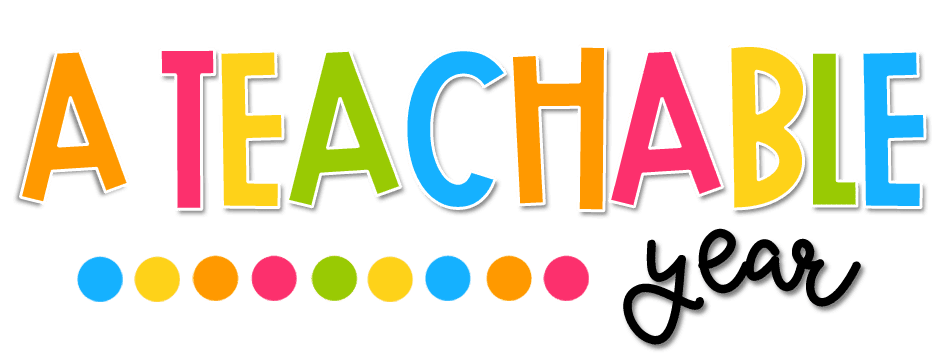Board games have long been a staple in family game nights and social gatherings, but they also hold immense potential as valuable tools for language learning in ESL classrooms. From fostering communication and collaboration to reinforcing vocabulary and grammar skills, board game activities offer engaging opportunities for students to practice English in a fun and interactive way. In this blog post, we'll explore a variety of creative ideas and strategies for ESL teachers to effectively incorporate board game activities into their classrooms, catering to learners of different proficiency levels and learning styles.
The Power of Board Game Activities in ESL Instruction
Before delving into specific strategies, let's understand why board game activities are valuable teaching tools in ESL classrooms:
Engagement and Motivation: Board games capture students' attention and enthusiasm, motivating them to actively participate in language learning activities.
Communication Skills: Board games encourage verbal interaction as students engage in conversations, negotiate rules, and strategize with their peers.
Vocabulary and Grammar Practice: Board games provide opportunities for vocabulary acquisition and grammar reinforcement as students encounter language in context while playing.
Critical Thinking and Problem-Solving: Board games challenge students to think strategically, make decisions, and solve problems collaboratively, fostering cognitive skills development.
Creative Ideas for Using Board Game Activities in ESL Classrooms
Now, let's explore a variety of innovative strategies and activities to effectively integrate board games into ESL classrooms:
1. Vocabulary-Based Board Games:
Word Scramble: Create a board game where students race to unscramble words related to a specific theme or topic. Each correct word earns them points or moves them forward on the game board.
Vocabulary Bingo: Adapt the traditional Bingo game by replacing numbers with vocabulary words. Students mark off words on their Bingo cards as they hear them spoken aloud during gameplay.
Vocabulary Bingo: Adapt the traditional Bingo game by replacing numbers with vocabulary words. Students mark off words on their Bingo cards as they hear them spoken aloud during gameplay.
2. Grammar-Based Board Games:
Sentence Building: Design a board game where students construct grammatically correct sentences using given words or sentence parts. Each completed sentence earns them points or advances them on the game board.
Verb Tense Challenge: Create a board game focused on verb tenses, where students must correctly conjugate verbs to match given sentences or contexts.
Verb Tense Challenge: Create a board game focused on verb tenses, where students must correctly conjugate verbs to match given sentences or contexts.
3. Role-Playing Board Games:
Scenario Simulation: Develop a board game that simulates real-life scenarios, such as traveling, ordering food at a restaurant, or conducting a job interview. Students take on different roles and navigate the scenario using English language skills.
Role-Playing Quest: Design a quest-style board game where students embark on an adventure, encountering obstacles and challenges that require them to use English to overcome them.
4. Cultural Exploration Board Games:Cultural Trivia:
Create a trivia-style board game focused on cultural topics, such as holidays, traditions, famous landmarks, or customs from English-speaking countries. Students answer questions and learn about different cultures as they play.
Around the World: Develop a board game that takes students on a virtual journey around the world, exploring different countries, languages, and cultures through interactive challenges and activities.
Around the World: Develop a board game that takes students on a virtual journey around the world, exploring different countries, languages, and cultures through interactive challenges and activities.
Tips for Effective Implementation of Board Game Activities:
Select Appropriate Games: Choose board games that are age-appropriate, culturally relevant, and aligned with students' language proficiency levels and interests.
Provide Clear Instructions: Explain the rules and objectives of the board game clearly, ensuring that students understand how to play and what is expected of them.
Encourage Collaboration: Foster teamwork, cooperation, and positive social interaction among students by promoting collaboration and communication during gameplay.
Adapt and Modify: Be flexible and willing to adapt board game activities to suit the needs and preferences of your students, making modifications as necessary to accommodate diverse learners.
Reflect and Debrief: Facilitate discussions after playing board games to reflect on the experience, discuss learning outcomes, and provide feedback for improvement.
In conclusion, board game activities offer a dynamic and engaging approach to language learning in ESL classrooms. By incorporating creative and interactive games that promote communication, collaboration, and critical thinking, ESL teachers can empower students to develop essential language skills and build confidence in their abilities.






No comments
Post a Comment
Thanks for your comment!